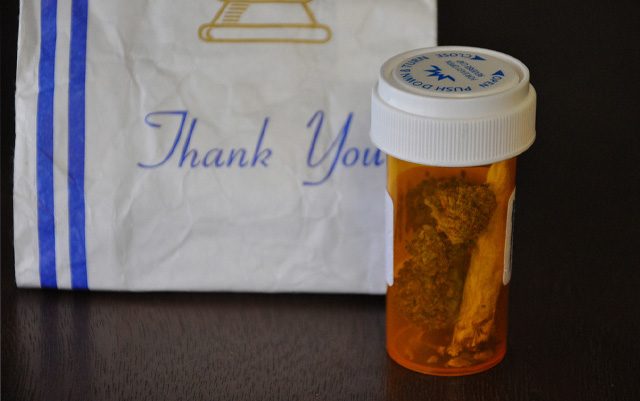Since medical marijuana became available in New York earlier this year patients have been struggling to work with the extremely restrictive program. Finding a certified doctor to offer a recommendation is the first major problem most patients face as there is currently no public list of physicians available to patients. Then after getting a recommendation, they must still find their way to one of 17 dispensaries in the entire state and hope that the nearest one has the form of medicine they need. So far, these restrictions have left the program running with less than 7,000 patients in the entire state.
Experts in the industry have said that comparatively, New York has one of the most restrictive programs in the entire country – recognizing only cancer, HIV/AIDS, epilepsy, Parkinson’s and ALS, intractable spasticity due to spinal cord damage, IBD and nerve damage. Some of the most common conditions – chronic pain, anxiety, depression and PTSD are not currently accepted as qualifying conditions for New York, though the list is set to expand slowly.
While patients have been demanding changes for the last year, the state department of health has been working to propose some of the changes that patients want to see most of all. This has led to a few changes which will be implemented in the next month or so, as well as potentially adding a number of conditions that would expand the patient base throughout the state. The first changes to be implemented are allowing statewide delivery and allowing nurse practitioners to recommend cannabis.
“Since launching the program, the Department has worked closely with doctors, patients and registered organizations to gather information relevant to strengthening the program in anticipation of the required two-year report,” Health Commissioner Howard Zucker said in a statement.
“We are constantly evaluating the program to make it more effective for patients and practitioners, and we believe that the implementation of these recommendations will do just that,” he added.
By allowing nurse practitioners to become certified to recommend medical marijuana to patients, many who have been unable to find a physician may have better luck finding a nurse. Then once they are able to get a recommendation offering statewide delivery, via the currently licensed facilities, it will make it possible for patients without a local dispensary or who are too sick to go to a clinic to obtain their medicine – and that is likely to begin as soon as the end of September.
They are also likely to be making a public list of physicians and nurses who are certified, where as it stands now patients have to find doctors via word of mouth or by asking their doctor to find them one. Another possible consideration is waiving registration fees for those who cannot afford it. While it’s slow to get going, New York is at least taking action and sticking to their promise of expansion and a growing program that will help thousands more to legally access medical marijuana.






